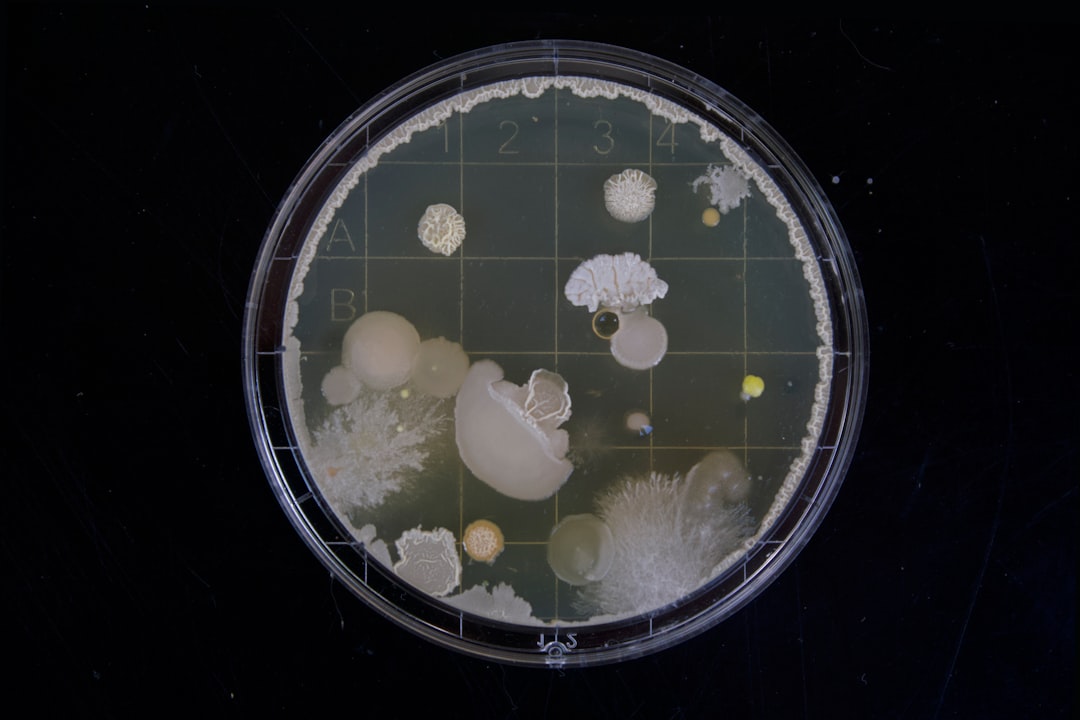Pathologist Kaimātai Mate Tangata
Pathologists are doctors who diagnose and study human diseases and conditions. They diagnose health problems by testing tissue and fluid samples taken from patients.
Pathologists need to be registered with the Medical Council of New Zealand.
Pathologists may do some or all of the following:
- analyse samples taken from patients
- diagnose diseases such as cancer and diabetes
- discover the genetic causes of disease
- provide reports and advice for medical practitioners
- research diseases to find cures and guide public health policy
- investigate deaths and perform autopsies
- teach medical students and trainees
- monitor treatment and progression of diseases.
To specialise in some disciplines within pathology, such as chemical pathology, you may need to complete a further one or two years of study.
You will then gain a second fellowship to the Royal Australasian College of Physicians in addition to your fellowship with the Royal College of Pathologists of Australasia.
Physical Requirements
Pathologists need to have good eyesight (with or without corrective lenses).
Useful Experience
Useful experience for pathologists includes:
- work in healthcare in hospitals or clinics
- work in a laboratory
- work caring for people.
Personal Qualities
Pathologists need to be:
- accurate, with good attention to detail
- analytical, with problem-solving skills
- able to work well under pressure
- excellent at data analysis and interpretation
- good at communicating
- good at report writing.
Skills
Pathologists need to have knowledge of:
- how the human body works
- how to diagnose different diseases and illnesses
- medicines and treatments, and the effect these have
- the chemistry of the body
- anatomy and medical surgical procedures
- current research and practices in their field.
Conditions
Pathologists:
- may work regular business hours, or be on call if they work in hospitals
- work in hospital laboratories, private laboratories and medical schools
- work with infectious material – laboratories have strict health and safety standards to minimise risks
- travel throughout New Zealand and overseas to attend meetings, seminars and workshops.
Subject Recommendations
NCEA Level 3 is required to enter tertiary training. Useful subjects include maths, chemistry, physics, health education, biology and English.
Related Courses
Pathologists can earn around $64K-$205K per year.
Pay for pathologists varies depending on seniority, hours, location and frequency of on-call or emergency cover.
Pathologists who work for Te Whatu Ora Health NZ (previous DHBs)
- House officers (supervised junior doctors) who work for Te Whatu Ora can earn $64,000 to $145,000 a year.
- Registrars (trainee pathologists) can earn $80,000 to $205,000.
- Qualified pathologists can earn $170,000 to $251,000.
Pathologists working in the private sector can earn more than this.
Sources: Association of Salaried Medical Specialists, 'New Zealand District Health Boards – Senior Medical and Dental Officers Collective Agreement, 1 April 2022 - 31 March 2023'; and Resident Doctors' Association, 'RDA and 20 District Health Boards Multi Employer Collective Agreement 17 March 2021 to 31 March 2024'.
Pathologists may progress to teach students and trainee pathologists at larger hospitals and universities. They may also become clinical directors, combining an administrative role with a pathology role.
Pathologists may specialise in roles such as:
- Anatomical Pathologist
- Anatomical pathologists study organs and tissues to help determine the cause and effect of diseases. They are primarily involved in diagnosing cancers.
- Chemical Pathologist
- Chemical pathologists use analytical instruments to detect chemical changes in bodily fluids, and use the results to diagnose diseases and other conditions.
- Cytopathologist
- Cytopathologists study cells from fluid samples taken by scraping a lesion on a body or with a needle.
- Forensic Pathologist
- Forensic pathologists investigate unexpected deaths, analyse criminal cases and assist the police in a range of investigations.
- Genetic Pathologist
- Genetic pathology involves testing chromosomes and DNA from cells in body fluids and tissues, and diagnosing genetic diseases.
- Haematologist
- Haematologists deal with diseases that affect the blood, such as anaemia and leukaemia and may also work in blood typing and compatibility testing, and the management and supply of a large range of blood products.
- Histopathologist
- Histopathologists study tissues from patients to check if a disease is present.
- Immunopathologist
- Immunopathologists study and test specimens from the immune system.
- Microbiologist
- Microbiologists deal with diseases caused by infectious agents, such as bacteria, viruses, fungi and parasites through testing blood, body fluids and tissue samples.
Years Of Training
13-15 years of training required.To become a pathologist you need to:
- complete the Health Sciences First Year programme at Otago University, or the first year of either the Bachelor of Health Sciences or Bachelor of Science in Biomedical Science at Auckland University
- complete a five-year Bachelor of Medicine and Bachelor of Surgery (MBChB) degree at Otago or Auckland Universities
- work for two years as a house officer (supervised junior doctor) in a hospital
- complete another five years of specialist training and examinations to become a Fellow of the Royal College of Pathologists of Australasia
- complete a further one or two years of specialist training and examinations to become a Joint Fellow of the Royal College of Pathologists of Australasia and the Royal Australasian College of Physicians.

 Epsom Girls Grammar School
Epsom Girls Grammar School